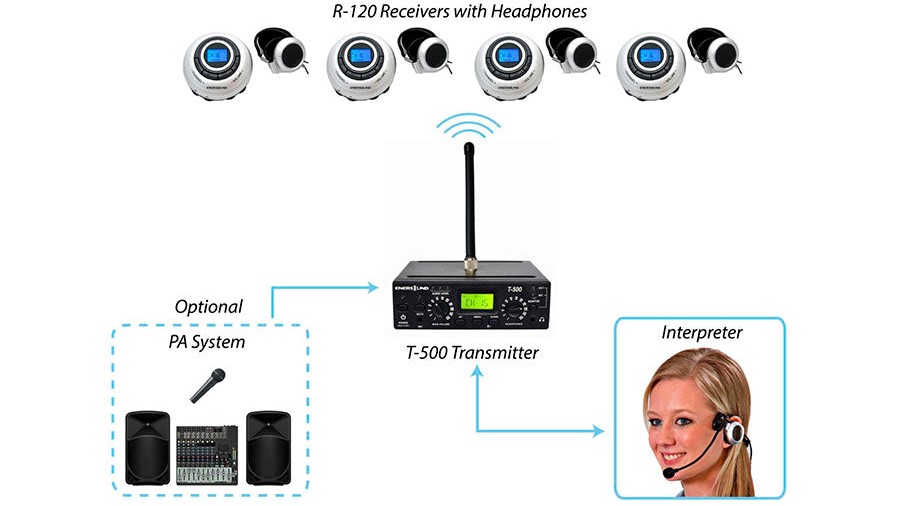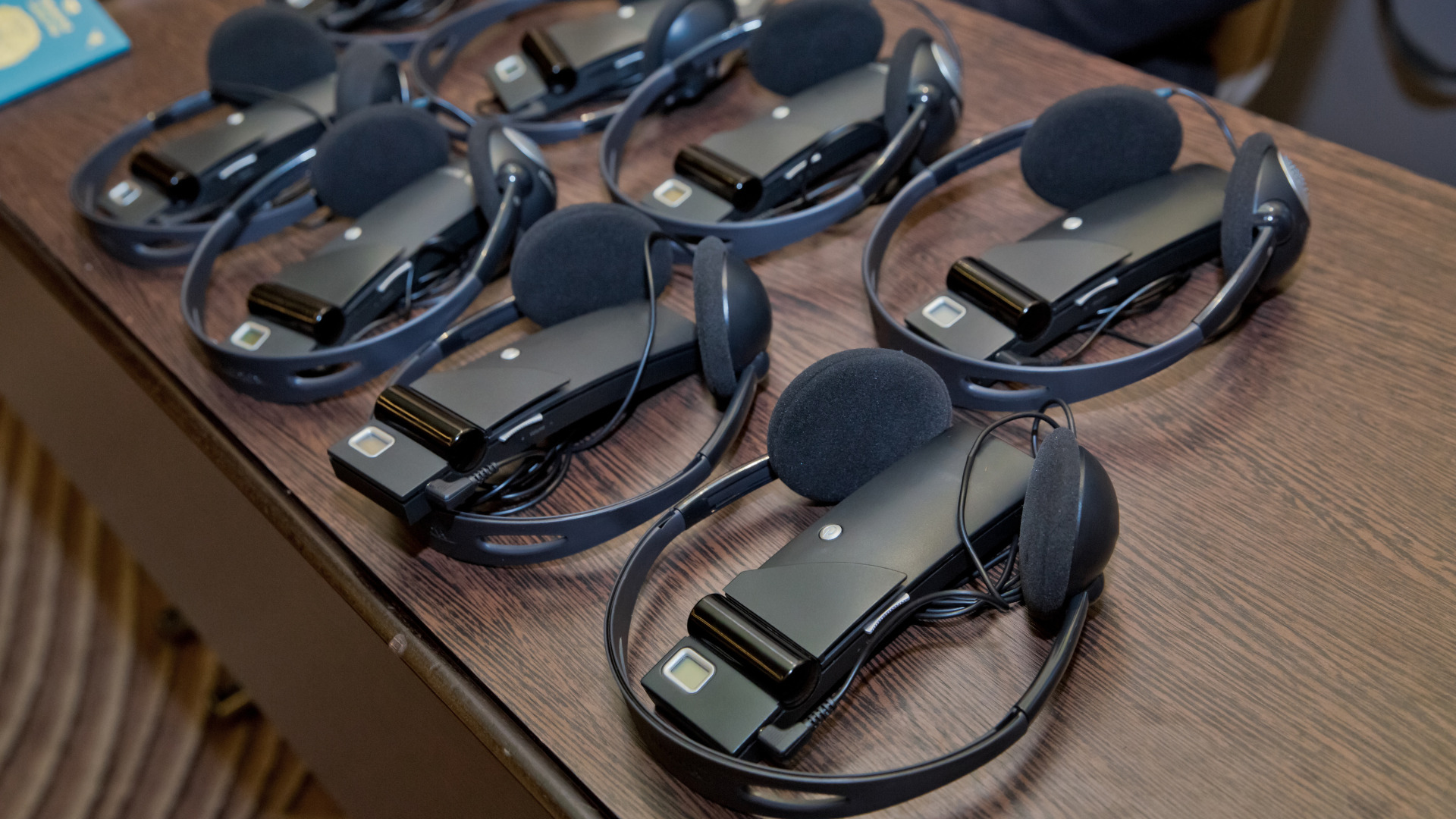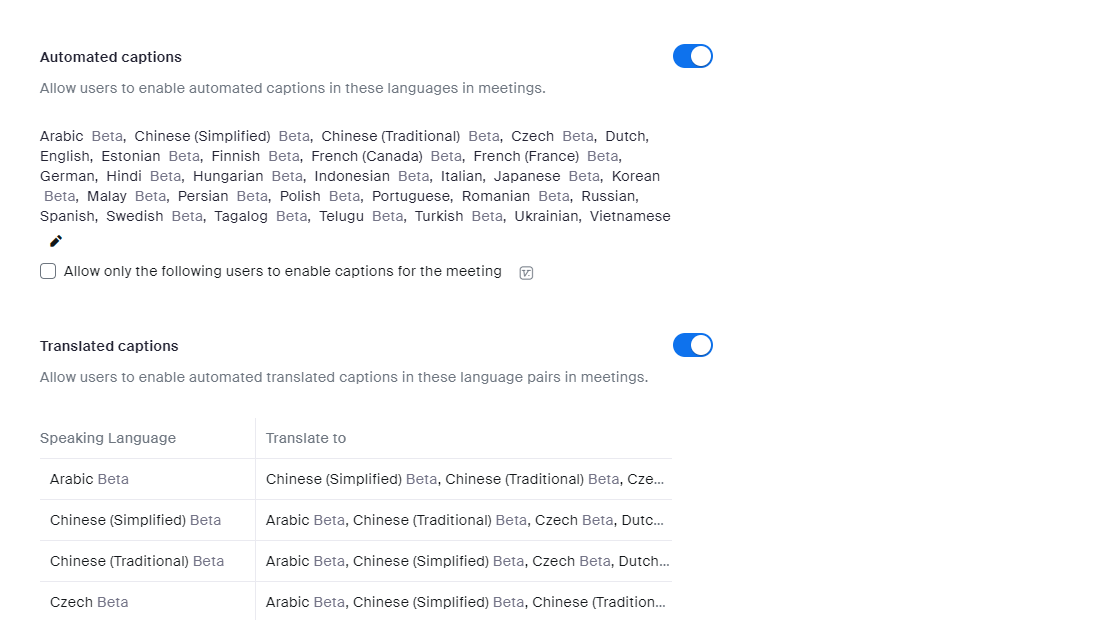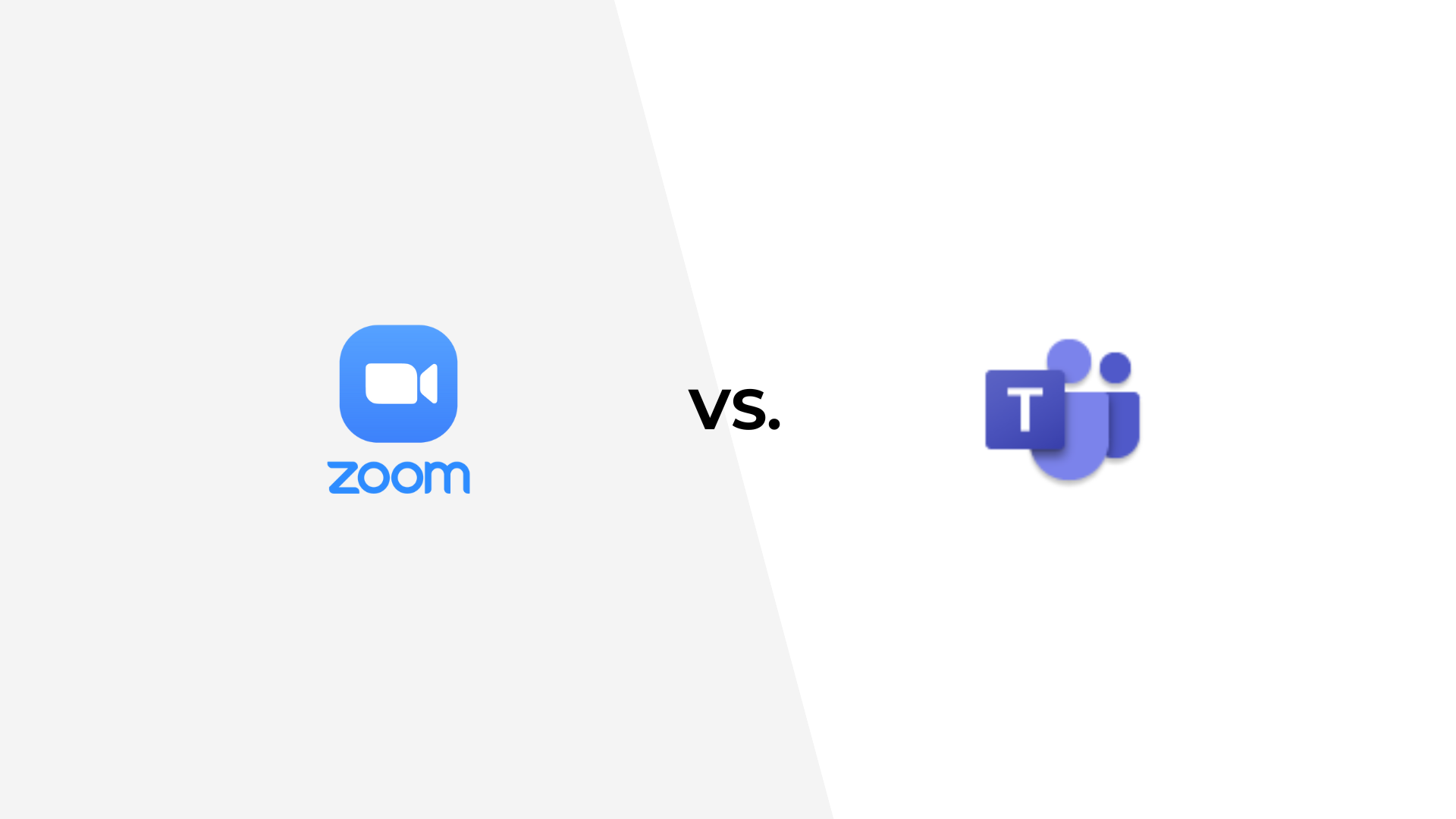In an increasingly diverse and interconnected world, the importance of inclusivity cannot be overstated. Organizing events that cater to a wide range of participants from different backgrounds and cultures is not just a moral imperative but also a strategic advantage. One powerful tool that can significantly enhance the inclusivity of an event is interpretation. In this blog, we will delve into why interpretation makes for a more inclusive event and how it contributes to fostering understanding, engagement, and collaboration among attendees.
Bridging Language Barriers
One of the most obvious ways interpretation enhances inclusivity is by breaking down language barriers. People from various linguistic backgrounds often attend events, and without interpretation, a significant portion of attendees may feel isolated or struggle to fully participate. Offering interpretation services, such as simultaneous translation or sign language interpretation, allows participants to engage with the content and discussions seamlessly, regardless of their language proficiency.
Access to Knowledge and Information
Interpretation ensures that all attendees have equal access to knowledge and information presented at an event. When presentations, workshops, and discussions are interpreted, it empowers individuals who might otherwise miss out on valuable insights due to language limitations. This democratization of information not only promotes inclusivity but also contributes to the overall success of the event by maximizing the reach of its content.
Fostering Cross-Cultural Understanding
Events often bring together people from diverse cultural backgrounds. Interpretation facilitates cross-cultural understanding by enabling attendees to grasp nuances, idioms, and cultural references that might be lost in translation. When participants can truly understand and appreciate each other’s perspectives, it lays the foundation for meaningful connections, collaborations, and the exchange of ideas.
Enhancing Audience Engagement
An inclusive event is an engaging event. Interpretation helps maintain the attention and interest of participants, as they can follow the proceedings without struggling to comprehend the language being used. Engaged attendees are more likely to actively participate, contribute to discussions, and network with others, leading to a more enriching and fulfilling event experience for everyone involved.
Empowering Multilingual Participation
Inclusive events are not limited to attendees consuming content; they also encourage active participation. Interpretation enables multilingual participants to express their thoughts, ask questions, and share their experiences confidently. By fostering an environment where everyone’s voice is heard, interpretation contributes to a more vibrant and diverse exchange of ideas.
Overcoming Disabilities and Accessibility Barriers
Interpretation goes beyond just linguistic inclusion. It also addresses accessibility barriers for individuals with disabilities. Sign language interpretation and other accessibility services ensure that people with hearing impairments or other disabilities can fully engage with the event’s content and interact with fellow attendees, thus creating a more inclusive and welcoming atmosphere.
In a world characterized by diversity and interconnectedness, organizing an inclusive event is not only a social responsibility but also a strategic advantage. Interpretation plays a pivotal role in creating an event that transcends linguistic, cultural, and accessibility barriers. By offering interpretation services, event organizers empower participants to engage, connect, and collaborate in meaningful ways, fostering a sense of unity and belonging. As we continue to navigate the global landscape, let us recognize the transformative power of interpretation in shaping truly inclusive event experiences.






Subscribe To Our Newsletter
Join our mailing list to receive the latest news and updates from our team.
You have Successfully Subscribed!